
Subtly, every aircraft is different. If you’re flying in Economy on a Qantas Airbus A380, for example, your seat won’t be the same as on a Boeing 787 or 737.
So, what are the differences between the Economy Class seats on different Qantas planes? Which aircraft has the most comfortable seats? And which are the best and worst seats on each Qantas aircraft type?
This guide explains what you need to know about all the different Qantas Economy Class seats, in order from best to worst.
Contents
Qantas Airbus A380 Economy Class
Economy Class on the Qantas A380 is laid out in a standard 3-4-3 configuration on the lower deck. There used to also be a small Economy cabin at the rear of the upper deck, but this was removed during the recent A380 cabin refurbishments.

The Qantas A380 seats are perfectly comfortable, as far as Economy seats go. There are TV screens on the back of each seat, but no Wi-Fi is available.
If you want some extra legroom, the exit row seats are a good choice – although Qantas charges extra for these. For solo travellers, the best Qantas A380 Economy seats are 71D, 80A and 80K because there is no seat in front. (The space where seat 70D should be is an emergency exit for the crew rest compartment.)
If you’re thinking about lying down across a row of empty seats, beware that the armrests on the Qantas A380 do not lift up fully (only a little). If you’re in a bulkhead row, the armrest is fixed as there is a tray table inside it, and legroom can be restricted due to the position of the wall. (This is also the case in the bulkhead rows on most other aircraft types.)
Key facts: Qantas A380 Economy seats

- Seat pitch: 31 inches
- Seat width: 18 inches
- In-flight entertainment: In-seat Panasonic entertainment screens
- Best seats: 71D, 80A, 80K & other exit row seats
Qantas Airbus A330 Economy Class
There are a few different versions of the Qantas Airbus A330. On each one, Economy Class is in a comfortable 2-4-2 configuration.

There are some small differences between each type, but in general the best seats are the exit row seats of 45A/B and 45J/K. Qantas does not charge extra for seats 45A and 45K because the exit door blocks some of the legroom, but this is not a huge inconvenience.
The bulkhead seats in rows 23 and 24 are also good for daytime flights, but there is a wall in front of the seats which prevents you from fully stretching your legs out.
Qantas A330-300 Economy Class
On the Qantas Airbus A330-300, all seats have seatback entertainment screens and a net for your feet. This is the best of the Qantas A330 Economy products. Note that seats 28A and 28K have a missing window.

Qantas A330-200 Economy Class (international long-haul version)
The Qantas A330-200 Economy seats on the international version are almost the same as on the A330-300, albeit a different colour. There are seatback TV screens for each seat, but no foot nets.
This version of the A330-200 has slightly fewer seats than the other one. It’s mainly used on routes like Brisbane-Los Angeles, Sydney-Bengaluru, Melbourne-Delhi and Melbourne-Jakarta.
Qantas A330-200 Economy Class (domestic/short-haul version)
The Economy seats on the domestic version of the Qantas A330-200 have the same basic design as the international version but there are no seat-back TV screens. Instead, Qantas provides iPads in the seat pockets with entertainment content that you can stream. Free Wi-Fi is also available while flying over Australia. Beware that row 26 on this aircraft has a misaligned window.
This aircraft is mainly used on domestic and trans-Tasman routes, as well as some flights to Denpasar, Singapore, Manila and Jakarta (from Sydney).

Leased Finnair A330-300s
If you’re flying on QF291/292 between Sydney-Singapore or QF295/296 between Sydney-Bangkok, you’ll be on a Finnair aircraft. The in-flight entertainment, meals and amenities are the same as with Qantas, but the actual plane is a Finnair jet with that airline’s seats. The good news is that Finnair’s A330 Economy Class is comfortable.
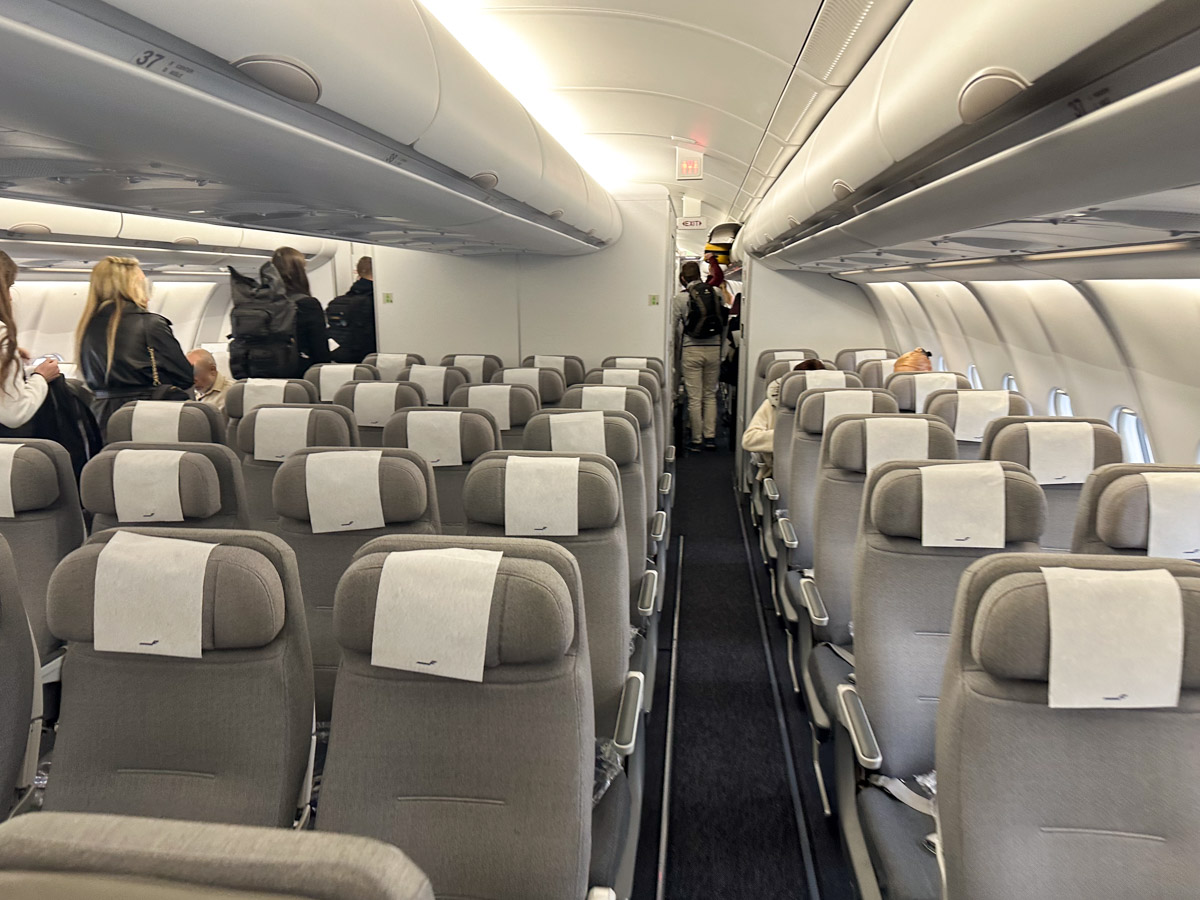
Key facts: Qantas A330 Economy seats

- Seat pitch: 31 inches
- Seat width: 18 inches
- In-flight entertainment: In-seat Panasonic entertainment screens, except on the short-haul A330-200 which has iPads
- Best seats: 45B & 45J (exit row)
- Seats to avoid: 28A & 28K (window missing on A330-300)
Qantas Boeing 787-9 Economy Seats
The Economy seats on Qantas’ Boeing 787-9 Dreamliner are the newest in the mainline Qantas fleet. They have a great in-flight entertainment system and also have the most legroom of any Qantas aircraft. But with a 3-3-3 layout, these seats are too narrow for comfort on long flights such as London-Perth. We’d suggest choosing a different aircraft type if possible.

If you are booked to fly on a Qantas Dreamliner in Economy, you may consider trying to get an upgrade. Failing that, the up-front bulkhead seats in rows 40 and 46 have a bit of extra legroom.
Otherwise, there aren’t really any standout seats. If you’re travelling as a couple, there are two seat pairs by the windows in row 59. If possible, avoid sitting near the toilets because you’ll be able to hear them flushing during the whole flight.
Key facts: Qantas 787 Economy seats

- Seat pitch: 32 inches
- Seat width: 17 inches
- In-flight entertainment: In-seat Panasonic entertainment screens (newest generation)
- Best seats: Rows 40 or 46
- Seats to avoid: Rows 44 and 57 do not have a window, and avoid sitting near the toilets.
Qantas Boeing 737-800 Economy Seats

Qantas’ Boeing 737-800s offer the least comfortable Economy Class experience of the Qantas mainline fleet. But these narrow-body aircraft are mostly used for domestic flights and shorter international routes. Although they have less legroom than Qantas’ wide-body planes, the Boeing 737 seats are well-padded and perfectly adequate for shorter flights. The configuration is a standard 3-3 layout.
The best Economy seats are in row 4 (which has superb legroom) and the exit rows 13 & 14. Qantas normally charges extra for the exit row seats (unless you have Platinum One status) and blocks row 4 until 80 hours before departure. If a row 4 seat remains unallocated when online check-in opens, you may be able to select it for free.

Avoid seat 9A because there is no window. 10F also has a misaligned window.

All Qantas Boeing 737-800s have free Wi-Fi which you can use while flying over Australia. Around half of the Qantas Boeing 737-800 fleet has in-seat entertainment screens (Audio Visual On Demand, or AVOD). On the other half, you’ll be able to stream entertainment to your own device via the Qantas Entertainment App. Aircraft with AVOD are generally used on international flights, although you may need the Qantas Entertainment App to access the full library.
See our Qantas Boeing 737 Economy review for more details.
Key facts: Qantas 737 Economy seats

- Seat pitch: 30 inches
- Seat width: 17 inches
- In-flight entertainment: Seat-back screens (some aircraft) or Q-Streaming (some aircraft)
- Best seats: 4A, 4C, 4D, 4F
- Seats to avoid: 9A, 10F (missing windows), row 30 (limited recline)
Credit Cards with Qantas Lounge Invitations
- Card Name
- St.George Amplify Qantas Signature
- Earn
- 0.75
- Signup Bonus
-
90,000 Qantas Points
Apply by 30th Apr 2024
- Annual Fee
- $295 p.a. ongoing + $75 Annual Qantas Rewards Program fee
- Read more
- View Offer
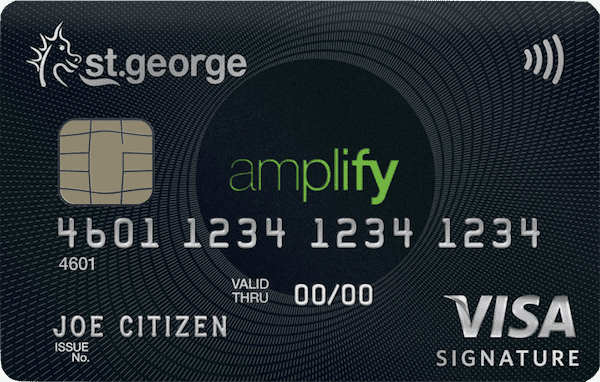
on everyday purchases
- Card Name
- Qantas Premier Platinum
- Earn
- 1
- Signup Bonus
-
Up to 90,000 bonus Qantas Points*
- Annual Fee
- $349 for the first year and $399 p.a. ongoing
- Read more
- View Offer
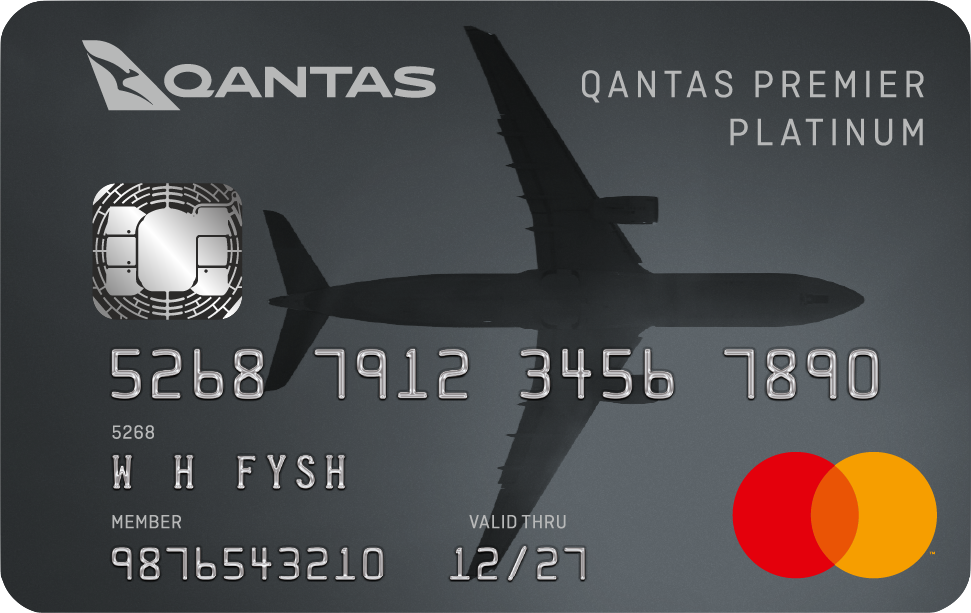
on everyday purchases
- Card Name
- Qantas American Express Ultimate
- Earn
- 1.25
- Signup Bonus
-
50,000 bonus Qantas Points¹
Apply by 1st Jul 2025
- Annual Fee
- $450 p.a.
- Read more
- View Offer
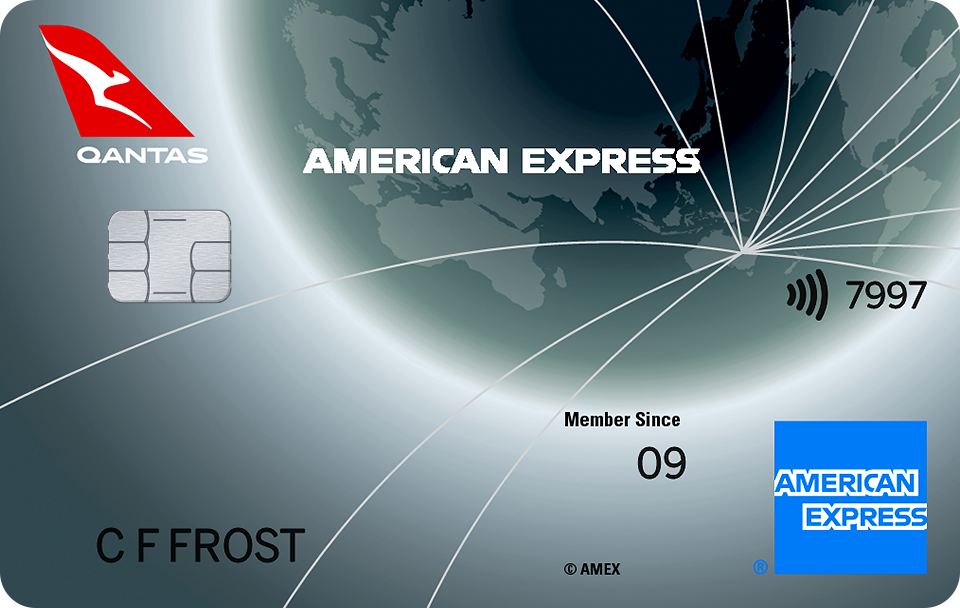
on everyday purchases
Flying on QantasLink?
Some domestic flights, and a small handful of shorter international flights, are operated by QantasLink. This is Qantas’ wholly-owned regional subsidiary.
QantasLink uses different aircraft types including the Airbus A220, Boeing 717 and Bombardier Dash 8. Here are a few things to know about the seats on each of the different types…
QantasLink A220 Economy seats

Of the aircraft that QantasLink flies, the Airbus A220 has by far the most comfortable Economy Class seats. These are relatively wide, with a comfortable 2-3 configuration. There are several rows of extra legroom seats towards the front of the plane which are available to select for an extra fee.
The Airbus A220 offers entertainment that you can stream to your own device and free high-speed Wi-Fi.
See our QantasLink Airbus A220 review for more details.
QantasLink Fokker 100 seats
QantasLink’s Fokker 100 flies within Western Australia. Although these are older planes without any inflight entertainment, the legroom is exceptionally good. The seats are in a 2-3 layout.
The best seats are in row 1, while you should avoid sitting in the last two rows as the view is blocked by the engines (and it’s noisier).
QantasLink Embraer E190 seats

The Embraer E190, operated by Alliance Airlines on behalf of QantasLink, is another great aircraft for Economy flyers. Economy has a 2-2 configuration, meaning there are no middle seats anywhere on the plane! The seats are fairly comfortable and come with standard legroom, but there’s no in-flight entertainment or Wi-Fi.
QantasLink Boeing 717 Economy seats

QantasLink operates two versions of the Boeing 717-200. One version has 125 Economy seats, while the other has 98 Economy and 12 Business seats.
In both cases, Economy is in the same 2-3 layout you’d find on the Airbus A220. However, the seats are slightly less spacious and the planes definitely feel older than the new A220s. Streaming entertainment may be available on some aircraft (if it’s working), but there’s no Wi-Fi.
The best seats are in the exit rows and – if you’re on a two-class Boeing 717 – seats 4A/C (in the front row of Economy). The worst seats are in the last few rows of Economy, as the view is obstructed by the rear-mounted engines (which also make this part of the plane the loudest).
QantasLink A319 & A320 seats
QantasLink uses Airbus A319s and A320s on some routes within Western Australia, as well as between Perth and Darwin. These jets have among the worst legroom of any Qantas or QantasLink aircraft type – the slimline seats are similar to those found on Jetstar. There is streaming entertainment available, but no Wi-Fi.
QantasLink Dash 8 seats
QantasLink’s Bombardier Dash 8s feature leather seats in a 2-2 layout. The seats are a bit narrower than on the jets and don’t recline, but the legroom is quite good.

See our QantasLink Dash 8 guide for more details.


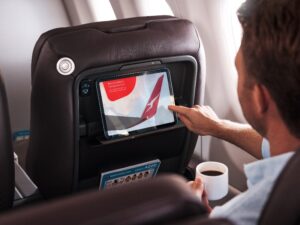
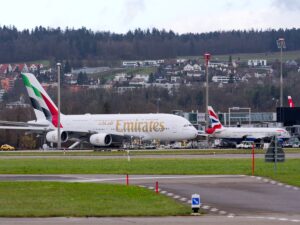


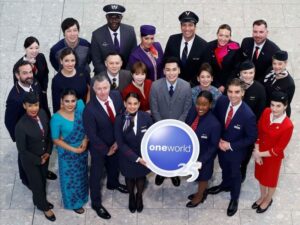
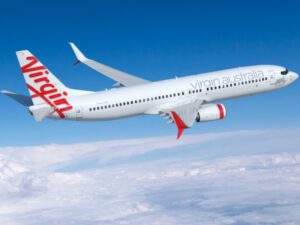

































































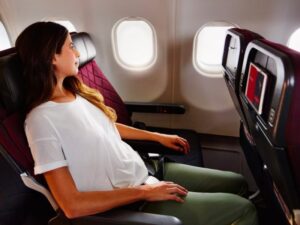
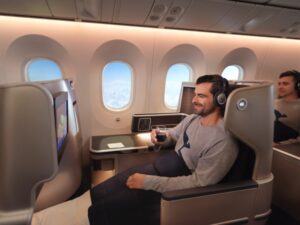






Community Comments
Loading new replies...
Join the full discussion at the Australian Frequent Flyer →